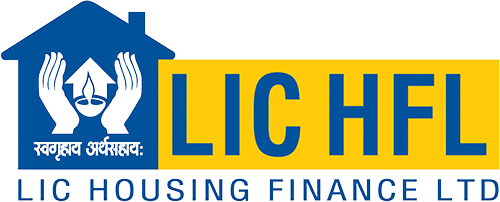offered by banks and other financial institutions that allows individuals to deposit a certain amount of money for a fixed period of time at a predetermined interest rate.
Here are some key aspects of fixed deposits:
- Duration: Fixed deposits have a specific term or duration, which can range from a few months to several years. The depositor chooses the duration at the time of opening the FD, and the funds are locked in for that period.
- Interest Rate: Fixed deposits offer a fixed rate of interest for the entire duration of the deposit. The interest rate is determined by the bank or institution and is usually higher than the interest rates on regular savings accounts. The rate may vary depending on the tenure and prevailing market conditions.
- Interest Payment: The interest on fixed deposits can be paid out periodically (monthly, quarterly, annually) or at the end of the deposit term. Some banks also offer the option of reinvesting the interest earned into the fixed deposit, which can help in compounding the returns.
- Safety and Security: Fixed deposits are generally considered safe and low-risk investments. They are backed by the guarantee of the bank or financial institution offering the deposit, up to a certain limit specified by the government (e.g., FDIC in the United States or DICGC in India). It's important to check the applicable deposit insurance coverage in your country.
- Liquidity: Fixed deposits are considered relatively less liquid compared to savings or checking accounts. The funds are locked in for the agreed-upon duration, and premature withdrawal may be subject to penalties or a reduction in the interest rate. However, some banks allow for partial withdrawals or loans against the fixed deposit.



